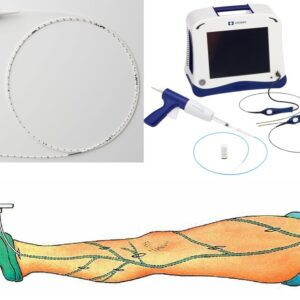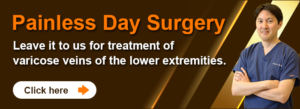Comparison of Varicose Vein Treatments: Laser Treatment vs. Radiofrequency Ablation vs. Glue Treatment vs. Stripping
Varicose veins are a vascular disorder affecting many people. The leg veins dilate, causing blood to flow backward, leading to leg pain, heaviness, and sometimes skin discoloration or ulcers, necessitating treatment.
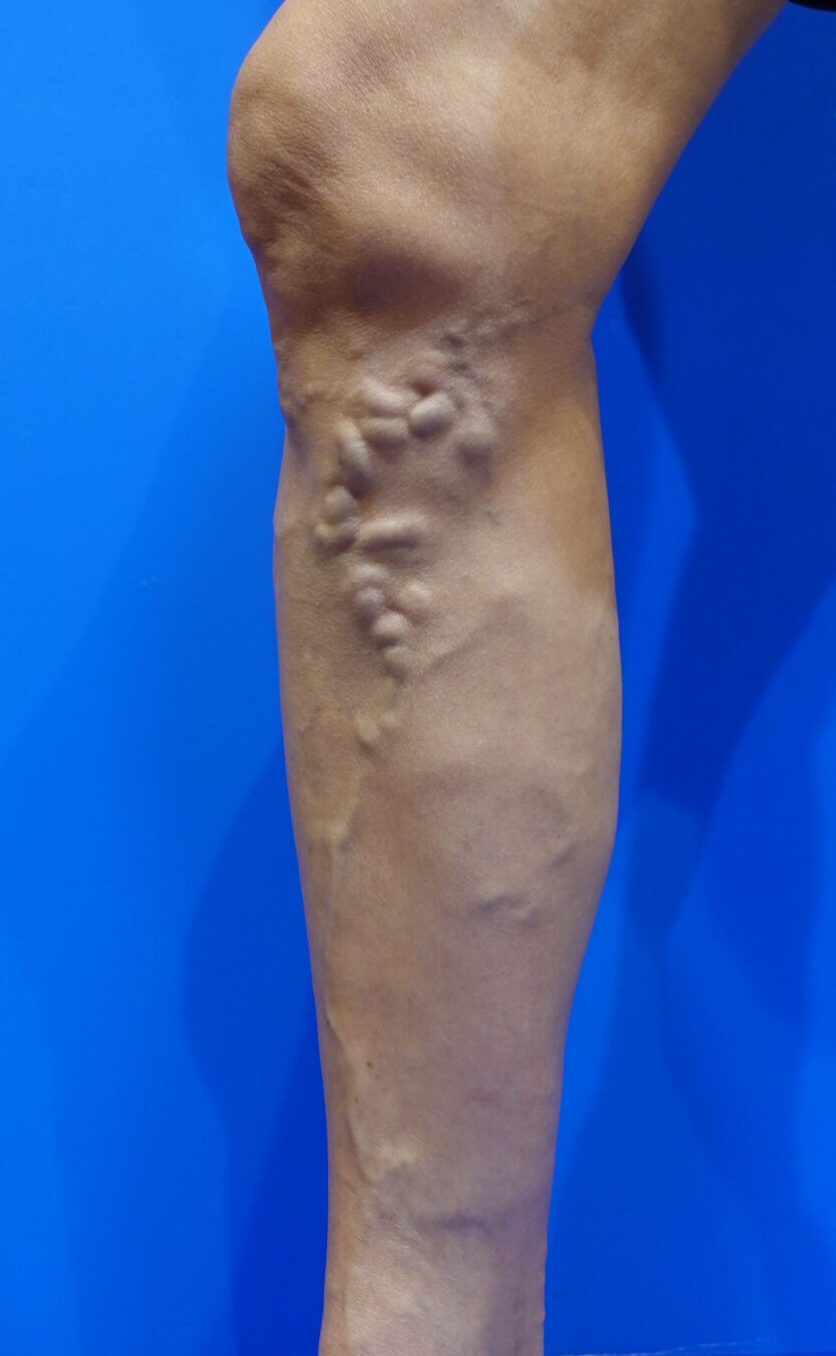
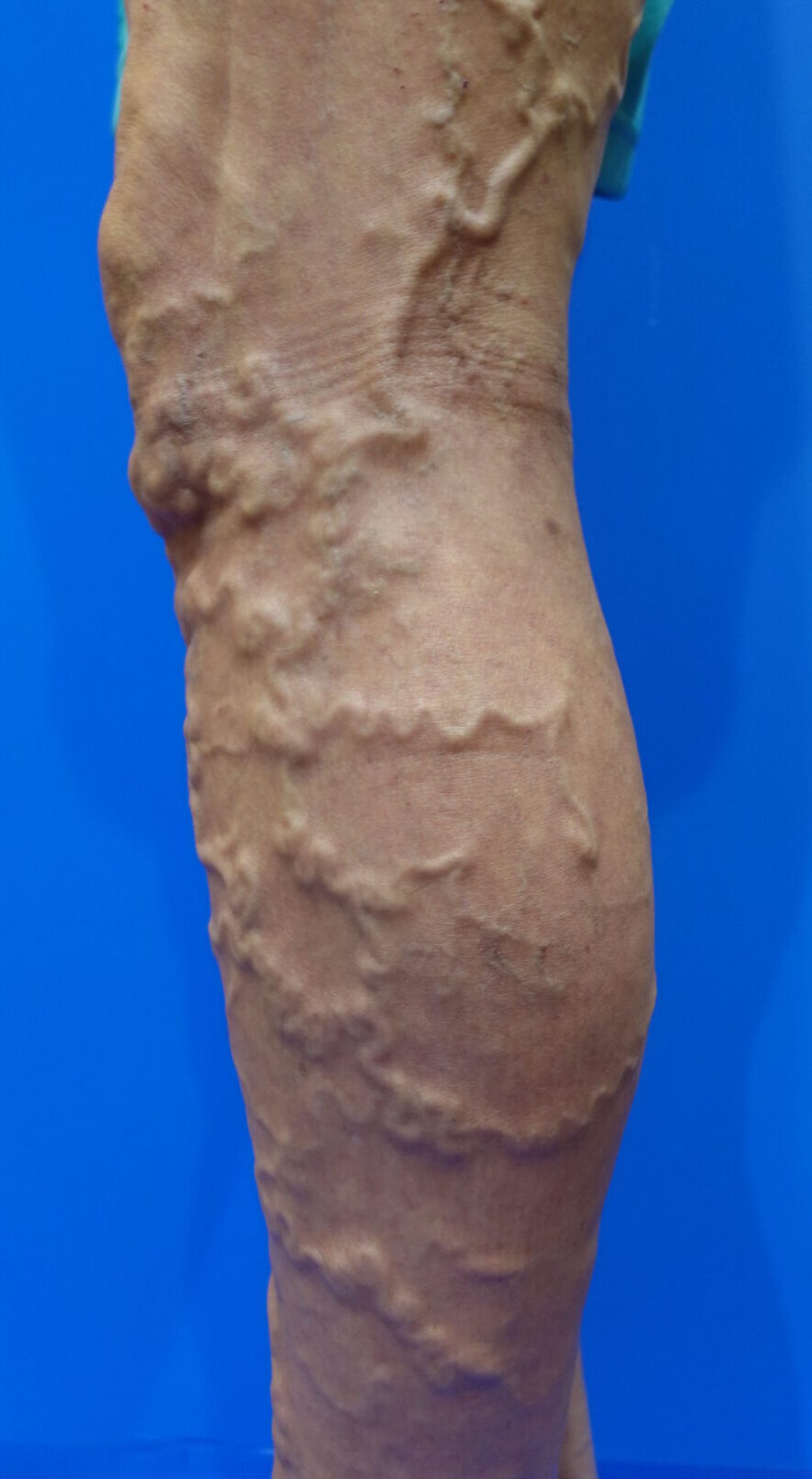
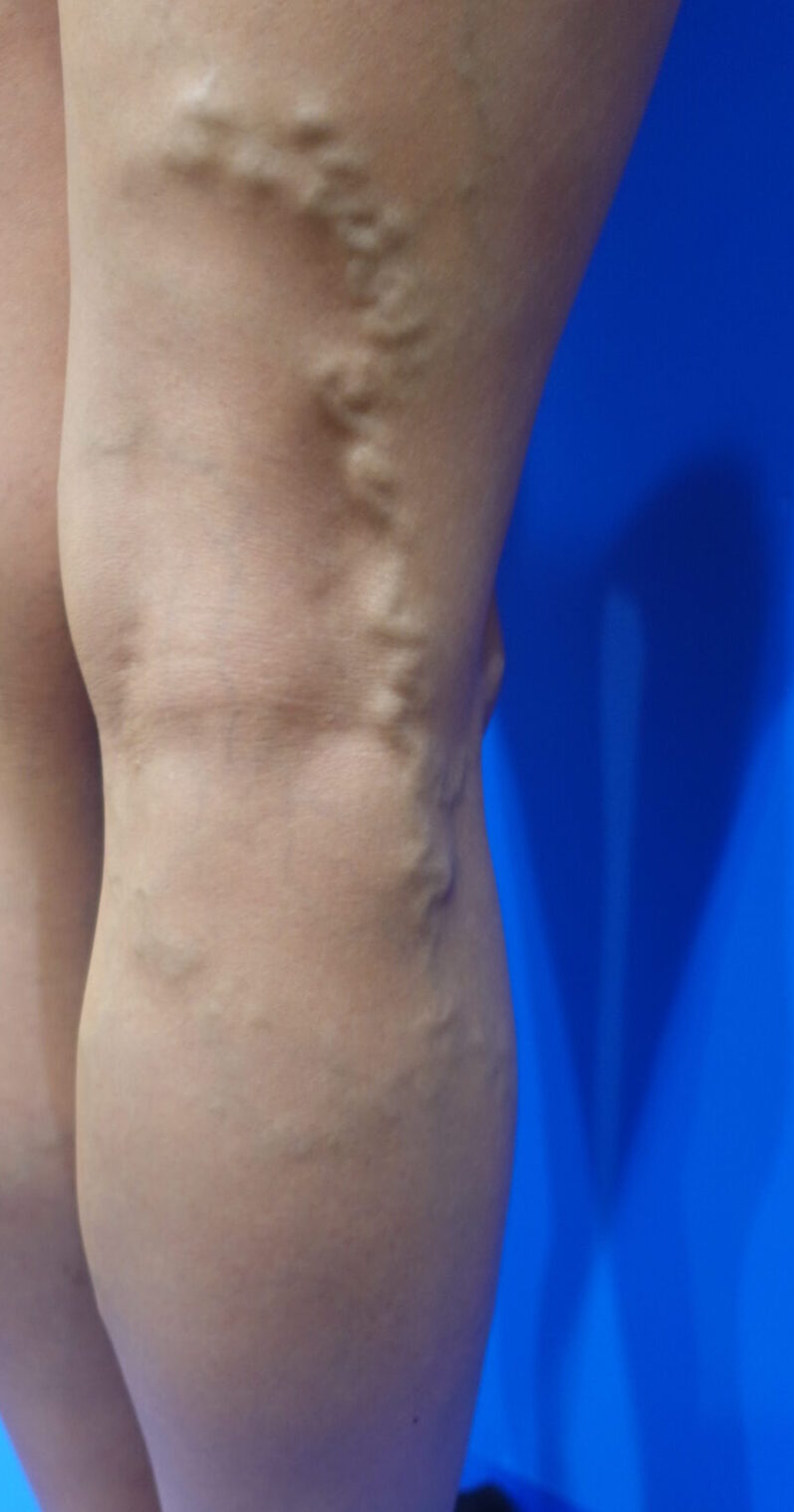
Currently, three primary treatments for varicose veins include “Endovenous Thermal Ablation (Laser or Radiofrequency Catheter),” “Endovenous Embolization (Glue Treatment),” and “Stripping.” Each method has unique characteristics, and the best option depends on the patient’s condition and lifestyle. This blog compares these treatments in detail, highlighting their advantages and disadvantages.
1. Endovenous Thermal Ablation (Laser or Radiofrequency Catheter)
Overview: Endovenous thermal ablation involves inserting a catheter into the affected vein and closing it using heat. The two types of catheters are the Laser Catheter and Radiofrequency Catheter. Both procedures use local anesthesia and can be performed as outpatient surgeries. 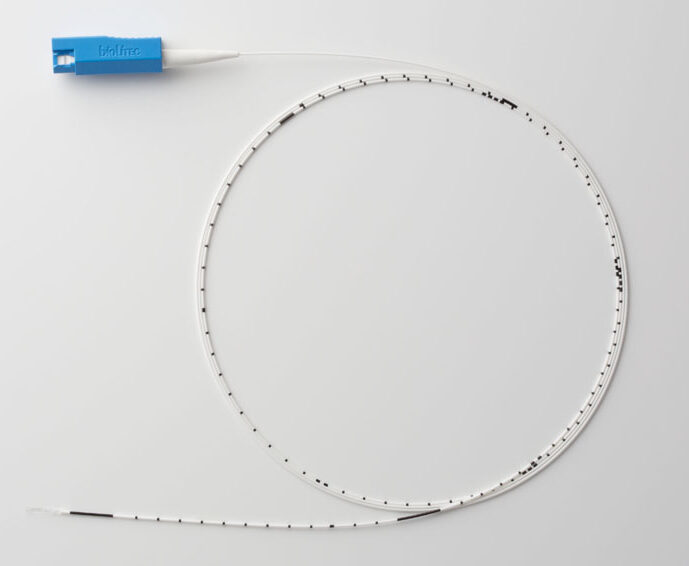
Laser Catheter (Photo Courtesy: Integral Corporation)
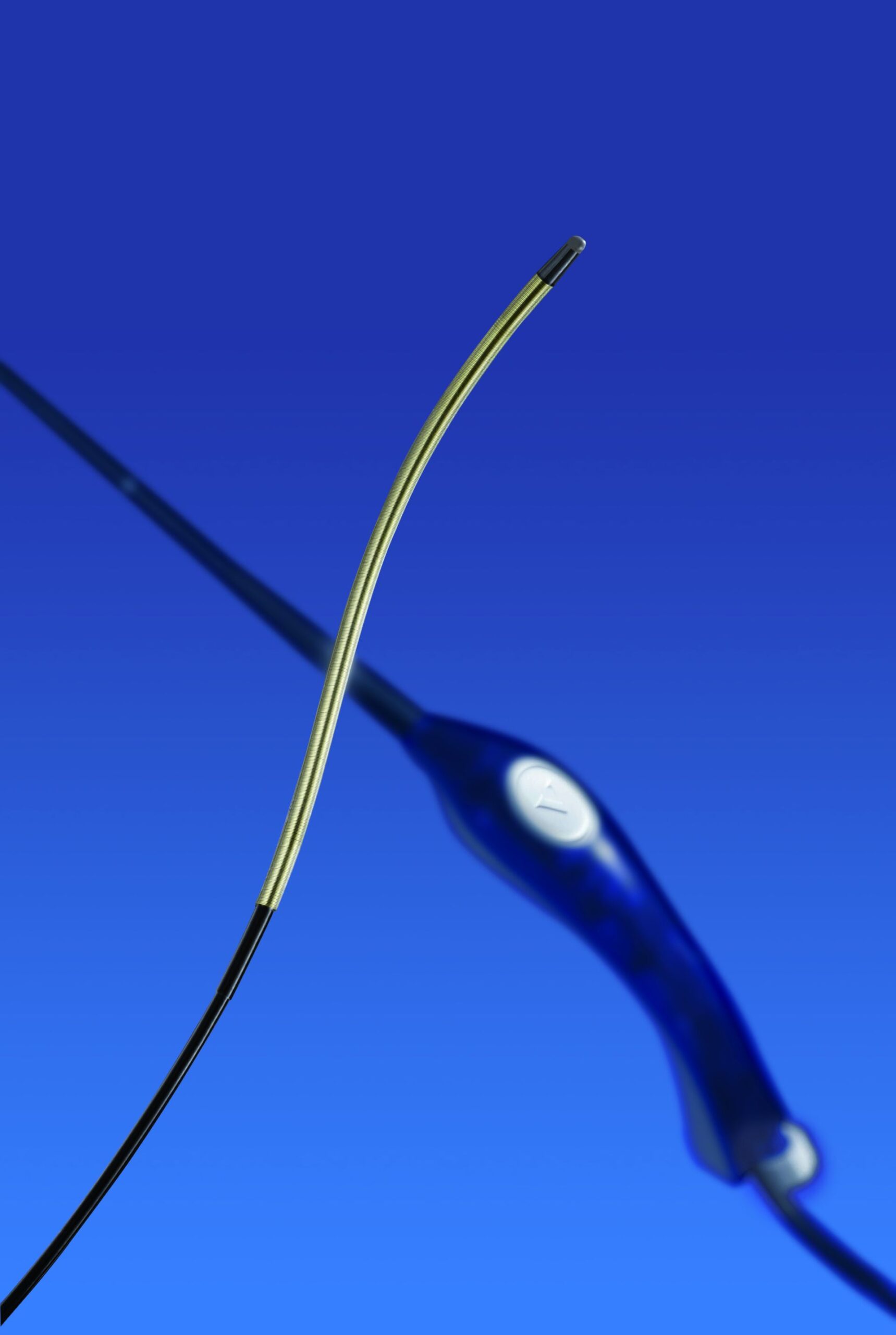
Radiofrequency Catheter (Photo Courtesy: Covidien Japan)
Laser Catheter Advantages:
- Mainstream Treatment: Laser catheter treatment is widely used globally due to its numerous benefits.
- Minimally Invasive: No large incisions or stitches are required, reducing scarring risks.
- Effective for Complex Veins: Its thin, flexible design allows treatment of twisted veins and branch varicose veins simultaneously.
- Less Pain: Minimal post-operative pain usually requiring little to no pain medication.
- Quick Recovery: Patients can walk immediately after surgery and resume normal activities the next day.
Laser Catheter Disadvantages:
- Recurrence Risk: Though highly effective, there’s still a small recurrence risk (around 1%).
- Bruising and Tightness: Post-surgery bruising and lumps are common but resolve within weeks.
Radiofrequency Catheter Advantages:
- Minimally Invasive: Similar to laser catheters but with a thicker design, leaving a slightly more visible scar.
- Less Pain: Comparable to laser catheters in terms of post-operative discomfort.
- Quick Recovery: Most patients return to normal activities the next day unless additional vein removal is required.
Radiofrequency Catheter Disadvantages:
- Recurrence Risk: Similar to laser treatment, with a small chance of recurrence.
- Limited Vein Coverage: Its thicker design limits flexibility, requiring additional procedures for branch veins.
2. Endovenous Embolization (Glue Treatment)
Overview: Glue treatment involves using a medical adhesive called cyanoacrylate to seal the affected vein. This stops blood flow, improving varicose vein symptoms. 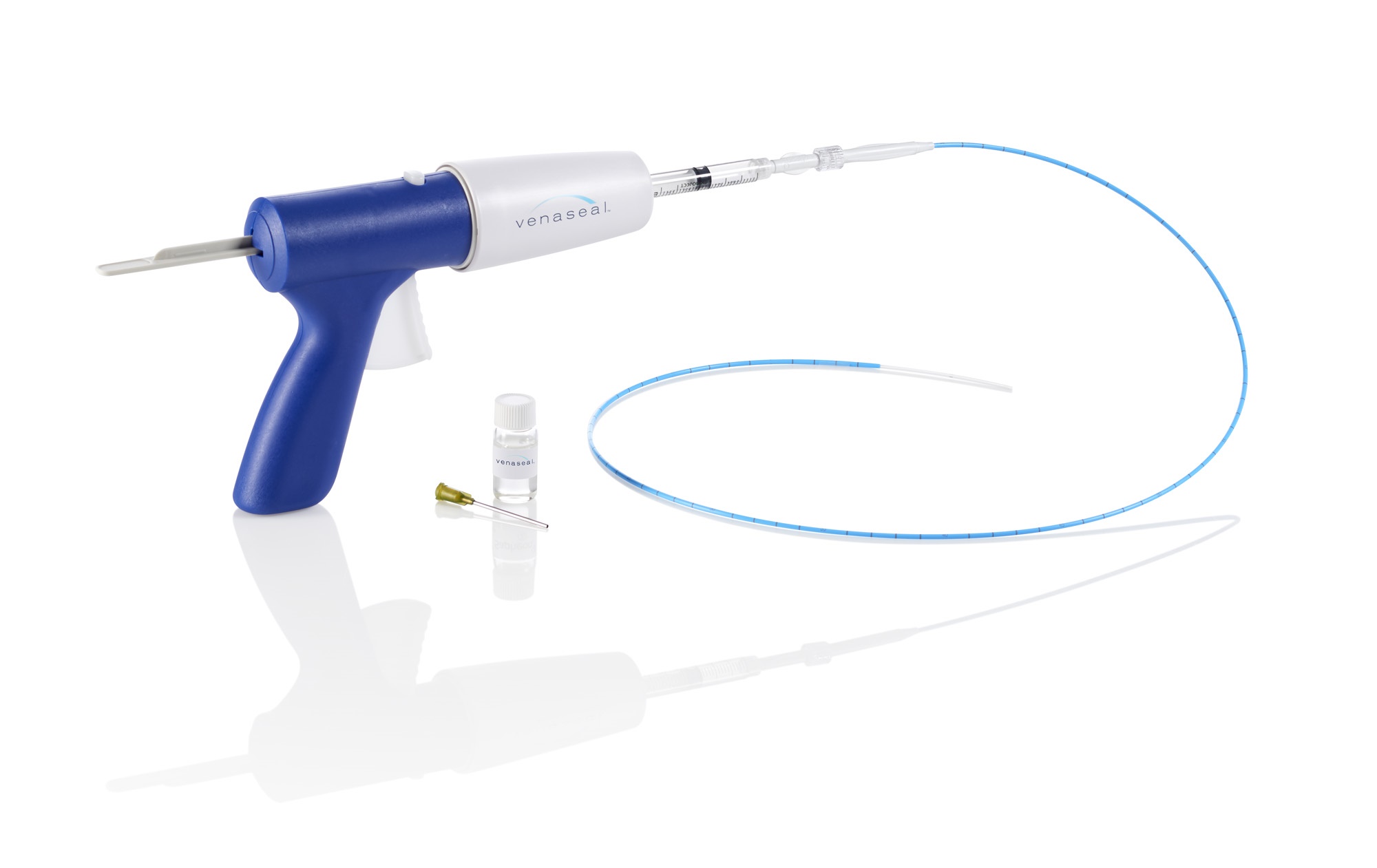
Photo Courtesy: Covidien Japan
Glue Treatment Advantages:
- Minimal Anesthesia: No need for general or intravenous anesthesia.
- Quick Recovery: Patients can walk immediately and resume normal activities the next day.
- No Compression Stockings Required: Unlike catheter treatments, compression stockings are not mandatory post-surgery.
Disadvantages:
- Lack of Long-Term Data: As a relatively new method, long-term effectiveness data is limited.
- Limited Vein Coverage: It only treats main veins, requiring additional procedures for branches.
- Possible Allergic Reactions: About 5% of patients may experience delayed allergic reactions, managed with medication.
- Higher Cost: About 40% more expensive than other methods.
3. Stripping
Overview: Stripping is a traditional surgical method that physically removes the affected vein through small incisions. 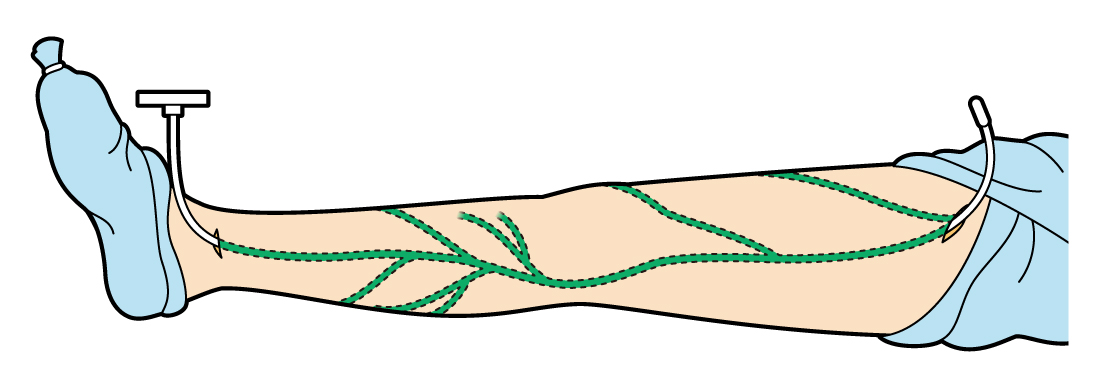 Stripping Advantages:
Stripping Advantages:
- Complete Removal: Effective for very large varicose veins.
Disadvantages:
- Hospitalization Required: May involve longer recovery and inpatient care.
- Longer Recovery: Due to incisions and stitches, recovery is slower than other methods.
- Visible Scars: Small scars may remain, affecting aesthetics.
Conclusion: Choosing the Right Treatment
When selecting a treatment for varicose veins, consider the patient’s symptoms, vein condition, and expectations. Consult a trusted specialist to determine the best option for optimal results.

